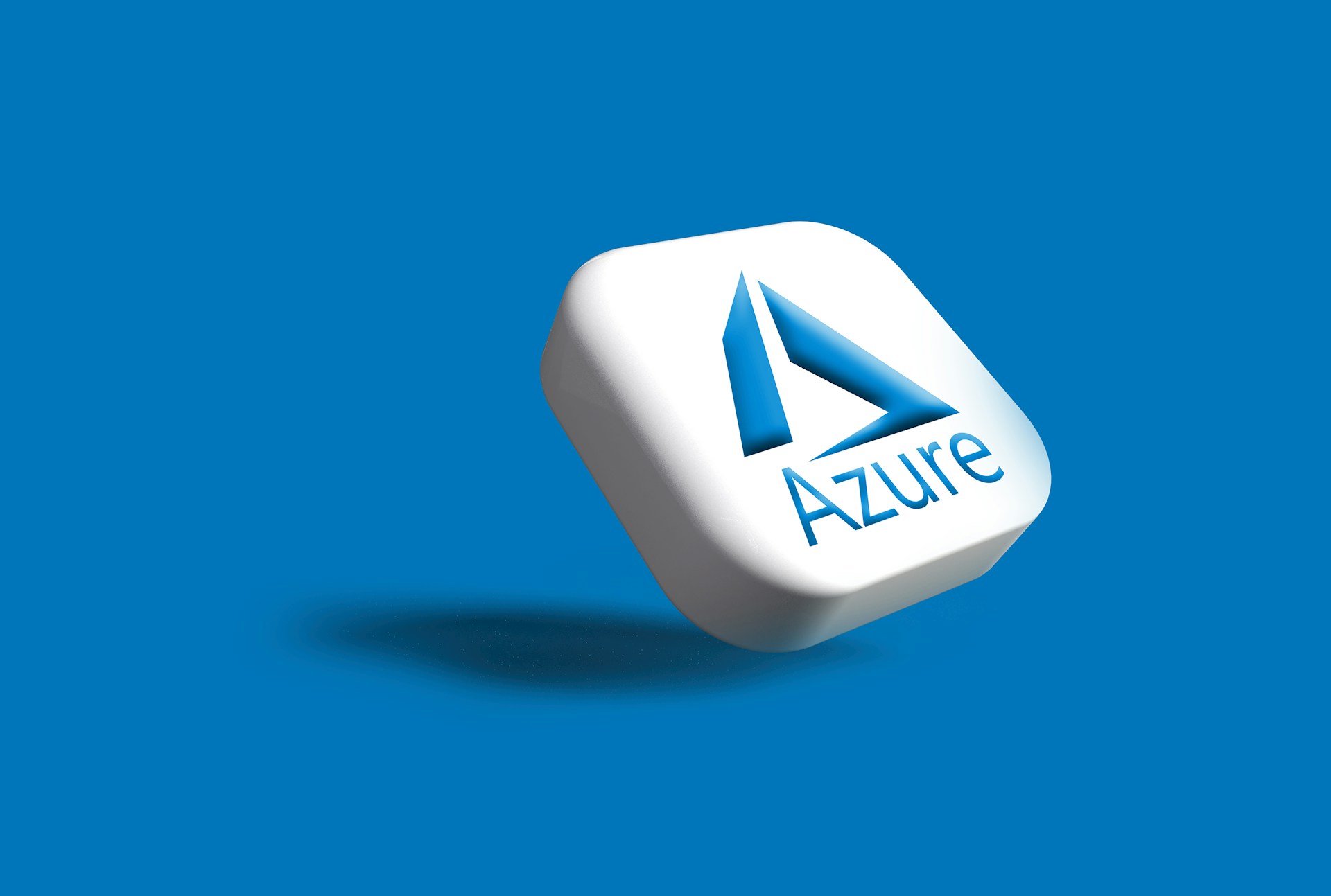
Compare Azure vs AWS in ease of use, security, and flexibility to choose the cloud platform that aligns best with your workflow and business requirements.
If you are somewhat familiar with cloud platforms, then you are surely aware that Azure and AWS are two of the most well known options. The platforms form a digital toolbox that allows companies to keep their apps and websites running and store files securely. Most people use services running on these platforms daily without realizing it. Azure and AWS essentially have the same goal, but there are still major differences.
Differences in user experience
If you make an Azure vs AWS comparison, you usually conclude that Azure is somewhat more accessible. Especially if you already work a lot with programs from Microsoft. The system then feels very intuitive and you switch effortlessly between your laptop and the cloud. You therefore do not need an extreme amount of time to become familiar with various systems. AWS, on the other hand, can be a bit more complex to learn. It almost feels as if you are handed an enormous toolbox. This gives AWS many possibilities, but also makes it more difficult to learn. Azure focuses mainly on clarity and ease of use, while AWS offers many different separate functions that you can combine yourself.
How flexible and secure are the systems?
Most people switch to the cloud because of the level of flexibility. Good to know is that both platforms can scale up and down easily. For example, when you temporarily have more visitors. In this respect, it does not matter much which system you choose. Both Azure and AWS ensure that you do not have to worry if you suddenly need a lot of extra computing power. And when it comes to security, there is not necessarily a clear winner. Both platforms offer the right techniques to protect data. Azure mainly uses existing Microsoft structures for this. AWS gives you the freedom to set up the security exactly as you want. Which platform is the best choice in this area therefore depends on whether you prefer a ready made solution or prefer to set things up yourself.
Which platform suits you best?
Which platform is the best choice depends mainly on the way you work within your organization. Do you already use many Microsoft tools? Then you will be used to Azure in no time and it may be a suitable solution. Do you find it important to configure everything yourself? Then AWS may be the better choice for you. There are even organizations that choose to work with both platforms. This way they can determine per application which cloud system is the best choice. If you find it difficult to determine which platform best suits your organization, then it may be a good idea to seek advice from a specialist.
Was this news helpful?






 Yes, great stuff!
Yes, great stuff! I’m not sure
I’m not sure No, doesn’t relate
No, doesn’t relate



